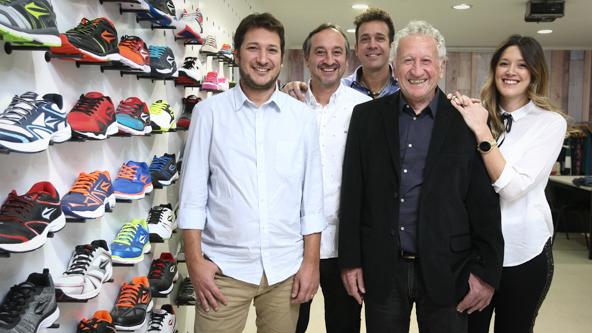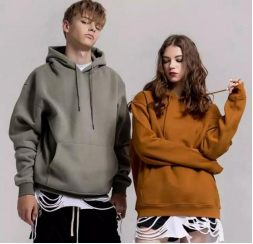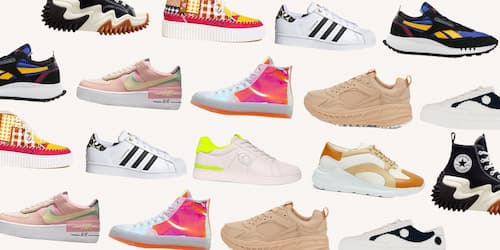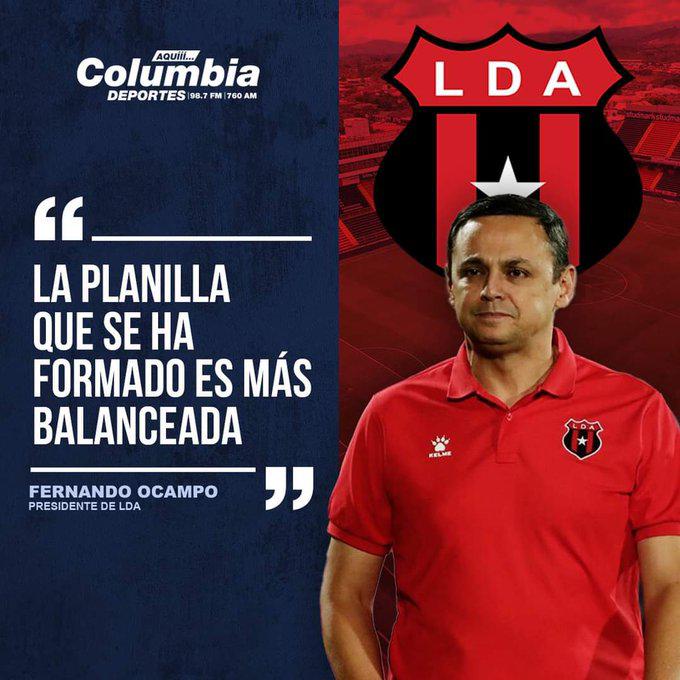Rossetti in the race: launches a new sports fashion brand and prepares its digital platform
The history of Rossetti Deportes is the history of a company that knew how to adapt to change. The story of its founder, Carlos Rossetti (73) is that of someone who had the ability to comprehend and understand his environment with an entrepreneurial spirit. "I came from Junín (Buenos Aires) at the end of the '60s... that was a city where much of the work depended on the railway workshops and which were not going through their best moment at the time. I had my girlfriend here and I saw that it was a prosperous area. I left a job as a cigarette salesman and decided to start here... I started as a waiter, then as a janitor... until I found something of my own years later, as a shoe salesman”.
That business firm was dissolved, but Rossetti was left with some contacts and began buying and selling shoes and being a small distributor. I bought 10, 20, 50 pairs. It was the '70s and inflation was beginning to be a word that was repeated. "I lived with so many periods of inflation that when it's not there, you get used to it," he recalls like many Argentine businessmen of his generation. He was a survivor of that economic phenomenon. As a wholesaler he had grown and had hired half a dozen salesmen. The year was 1989 and he decided to give his business a twist based on second brands of that time (Ringo, Pollito, Manakos, Rigazio, etc.).
“Rossetti Deportes was born when Marcelo finished high school, there it occurred to him to open a sports store and it seemed like an opportunity to me because the future was looming on that side”, he says. He started with a store in Marcos Juárez with Puma and Lotto in 1992 and a few months later he would add Adidas -with Gatic- and Topper -with Espadrilles-. But the big leap would come with the arrival of Nike.
How to cover up carpet in a rental with ... - #home #homedecor #decor #interiordesign https://t.co/JErmerYMR0 https://t.co/tJ3DgpIrEp
— Interior Decors Sun May 15 16:57:43 +0000 2016
Río Cuarto, Villa María, Bell Ville would be the cities initially chosen. “Between 1998 and 2000 we experienced tremendous growth and in the middle of 2001 we opened the Nike Store at NuevoCentro Shopping in Córdoba. Today they have 32 of their own stores (3 in Junín and one in Cañada de Gómez) plus 19 franchises. They will open another in the provincial interior before the end of the year. They sell around thirty brands and three of their own brands.

The commitment to its own brands"When the sale of Sportlandia came out, we bought it and from that we began to create brands in search of differentiation and to achieve greater profitability," he explains.Sportlandia basically started with soccer (cleats, balls); then Femme emerged (which was originally Sportlandia Femme) and which is the only one that has its own design (the designer is the wife of Marcelo Rossetti, the firm's CEO). The third is Qalzo, with a line basically for outdoors. The decision to bet on branding in niches where there were opportunities today is paying off. Adidas and Nike take between 50 and 60% of turnover and between the 3 own brands they account for between 5 and 6% of sales. “It is very difficult to impose a brand in this area and there are already people who identify them, that is an achievement”, he says. New brand for sports-inspired fashion In the coming months the company will open its own stores with a new brand: Henzy. “They are stores with sports brands that focus on the best-selling products today: fashion products inspired by sports. The main category is fashion, street running, retro running and retro tennis”, he explains. 70% of what is offered in these stores will be footwear and the rest clothing and they have already defined opening in Villa María and Río Cuarto in the coming months. In this way, the firm adapts to the segmentation that the brands themselves are proposing, as shown by the great development that Adidas Originals and Nike Sportswear have had. To conquer part of the digital market The network of 50 stores is not everything. The commitment to join the online channel is also part of the expansion plans of the Marcozjuarense company. "We are not going to maintain the same business model, we are opening the range," he stresses. We are going to develop a great technological platform that complements what we already have, which will add to the changes in the premises", he explains. He assures that there are no projects to leave the business, "but the model must be mutated". With a 2017 that will end up tied in sales compared to last year (the cocktail of the recession, the bluff of Transparent Prices, purchases in Chile and Miami and the Córdoba Cost was felt this year), the estimated billing will be a little over $900 million.A At 73 years old, Rossetti travels two or three times a week to different places and assures that he has the same feeling as always when it comes to work. “Obviously I have the image of when I arrived at Marcos Juárez and I had the tray in my hand, but being in a better position didn't change me. I have the same desire to do; I can't do some things but I don't want to retire because I imagine the company will be much bigger in 10 years because we know how to adapt to changes”, he sums up. I am me and my circumstance, and if I don't save her, I don't save myself”. Without a doubt, it describes Rossetti's DNA, his life and his company, whose reins he already shares with his children, who are adapting to the new circumstances.




